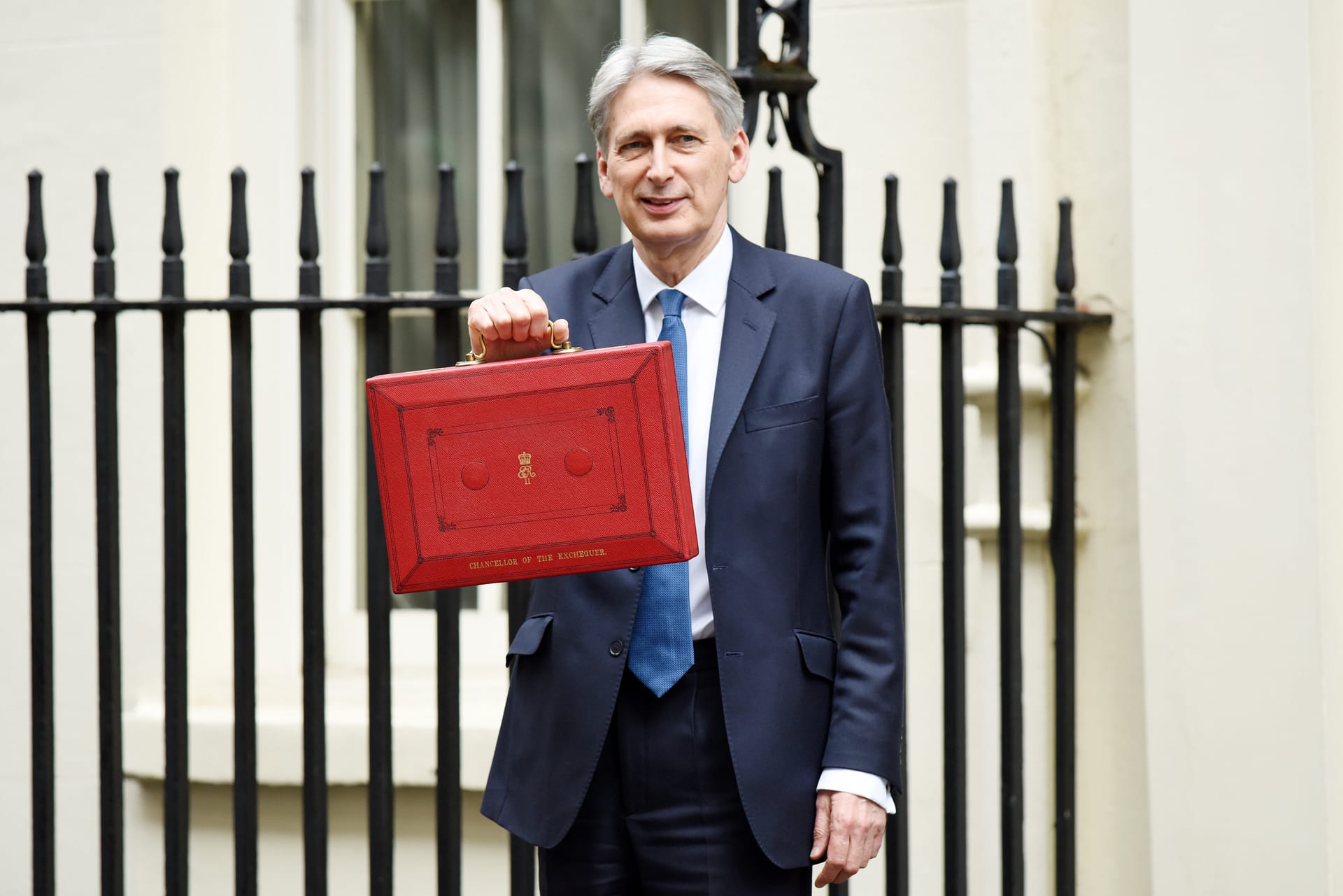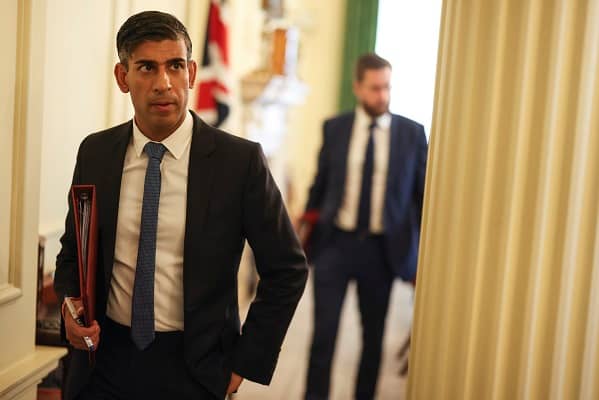Economists have been conspicuously absent from the policy debate over easing the lockdown, says a new briefing paper from Paul Ormerod
Epidemiological models have provided the intellectual underpinning for the policy of lockdown, which has seen millions of Britons relinquish civil liberties and retreat from participation in wider society.
But easing the lockdown, and the occurrence of a second wave will depend not just on these models but also on human behaviour and assumptions made about it.
Among the most crucial is the extent to which people who are susceptible to any given infectious disease mix socially with people who are already infected. The greater the mixing, the more people who will catch the disease.
Economists have expertise in analysing how people alter their behaviour when either incentives change or the set of information they have changes. Yet they are not challenging the frequent pronouncements issued by epidemiologists about the risk of a second wave. They are not thinking about how to continue to reinforce behavioural change for many months after lockdown has ended.
Instead their focus has been on the macro – such as the pandemic’s impact on GDP. But economics is in essence about the micro – how people, firms, governments and the like behave – and this will be key to easing the lockdown.
The economics profession as a whole – whether mainstream or behavioural – needs to get involved right now in these key policy issues. The seeming certainties proffered by some prominent epidemiologists need to be exposed.
Outside their immediate sphere, few have shown much interest in epidemiological modelling: now it occupies centre stage in policy making and has provided the intellectual underpinning for the policy of lockdown. But we still need to rely on behavioural change to eliminate the risk of unnecessary deaths, says a new report from the Institute of Economic Affairs, written by the economist and author Paul Ormerod.
The focus of the mathematical models of epidemiology is on how any particular disease might spread. They can make assumptions about what happens under different scenarios of how people behave. They do not purport to explain how such scenarios might be brought about or how behavioural change can be induced.
As Model Behaviour points out, it is naive to imagine that post-lockdown the previous levels of intermingling will reassert themselves. Polls have suggested 90% of Britons do not want the lockdown eased: for many the restrictions will alter behaviour. Yet economists are not challenging the frequent and prominent pronouncements issued by epidemiologists about the risk of a second (or even more) wave.
It is behaviour which is the key to easing out of the current lockdown, and economics has a valuable contribution to make to this. But the bulk of the economics profession has been strangely silent and has instead focused on the “macro”: Covid-19’s impact on GDP, unemployment, inflation and the stock market.
The economics profession as a whole – whether mainstream or behavioural – needs to get involved right now in these key policy issues. The seeming certainties proffered by some prominent epidemiologists need to be exposed. Economists understand model uncertainty. Economists understand how people respond to incentives and how behaviour can be carefully influenced. It’s time for them to step up to the plate.
Paul Ormerod, economist and author of Epidemiology and Behaviour said, “Economics, along with other social sciences, has a lot to offer in terms of our understanding of individual behaviour as we move out of lockdown. But the profession has been curiously shy of getting involved in this debate.”






Leave a Comment